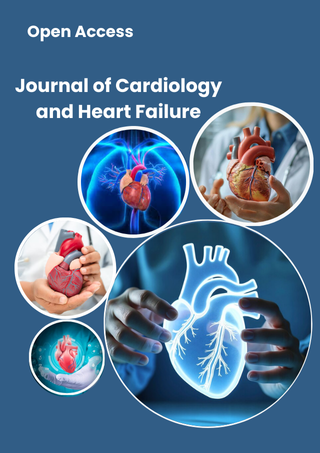Ischemic Heart Disease
Ischemic Heart Disease (IHD), also known as coronary artery disease, is a condition characterized by reduced blood flow to the heart muscle due to narrowing or blockage of the coronary arteries. It is a leading cause of morbidity and mortality worldwide. IHD encompasses a spectrum of clinical manifestations, including stable angina, acute coronary syndromes, myocardial infarction, and silent ischemia. Key risk factors include hypertension, hyperlipidemia, smoking, diabetes, and sedentary lifestyle. Management strategies involve lifestyle modifications, pharmacologic therapy (antiplatelets, statins, beta-blockers), and revascularization procedures such as percutaneous coronary intervention (PCI) or coronary artery bypass grafting (CABG). Advances in imaging, biomarker discovery, and personalized medicine are enhancing early detection and targeted treatment. Preventive cardiology and public health initiatives remain crucial in reducing the global burden of IHD.
Article Processing Timeline
| 2-5 Days | Initial Quality & Plagiarism Check |
| 15 Days |
Peer Review Feedback |
| 85% | Acceptance Rate (after peer review) |
| 30-45 Days | Total article processing time |
Journal Flyer


